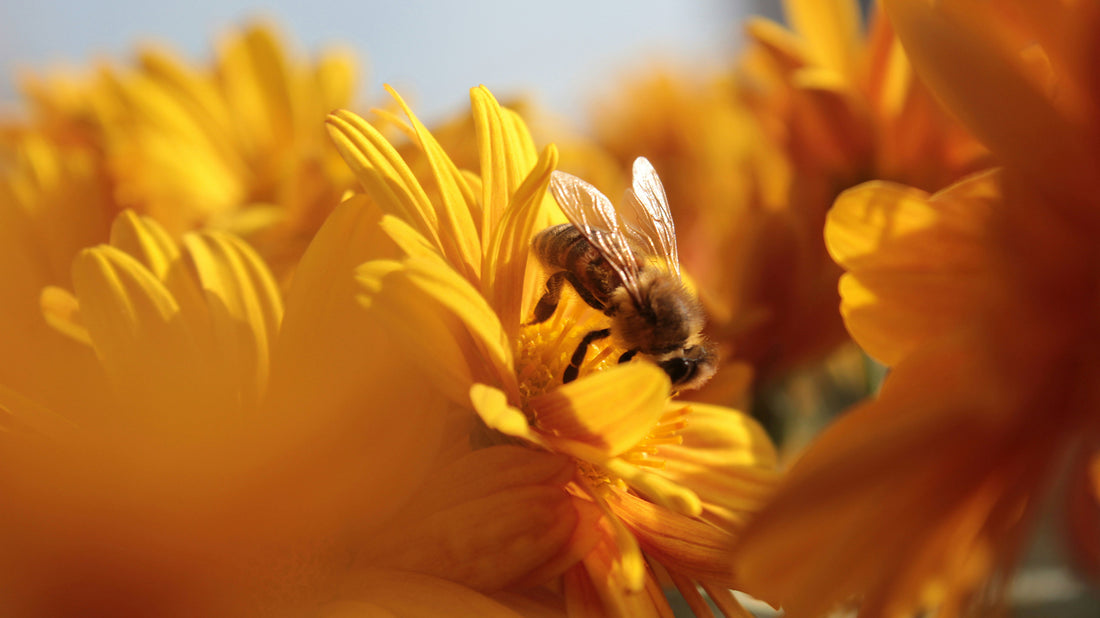Honey is a delicious natural sweetener that has been enjoyed by humans for thousands of years. It is not only a tasty addition to tea or toast but has a plethora of health benefits. Honey is produced by bees, and it's a highly sustainable industry that's important for both human and environmental health. However, like any other agricultural product, there are sustainable and unsustainable ways of producing honey. In this blog post, we will explore what sustainable honey is, why it matters, and how to choose sustainable honey products.
What is sustainable honey?
Sustainable honey production refers to a set of practices that are environmentally responsible, socially beneficial, and economically viable. Sustainable honey production seeks to maintain healthy bee populations and protect natural ecosystems. Sustainable honey production also means that the honey is produced using ethical and fair trade practices, ensuring that beekeepers are paid fairly for their hard work.
Why does sustainable honey matter?
Sustainable honey matters for a variety of reasons. Firstly, bees are essential pollinators, and their work is crucial for maintaining healthy ecosystems. Bees are responsible for pollinating a significant portion of the world's food crops, and without bees, food production would suffer. Bees also contribute to biodiversity by pollinating wild plants, helping to maintain a healthy ecosystem.
Secondly, honey production is an important industry for many communities around the world. Sustainable honey production can provide a source of income for small-scale beekeepers, helping to support rural economies. By supporting sustainable honey production, we can help to support these communities and their way of life.
Finally, sustainable honey production is better for the environment. Sustainable beekeeping practices aim to minimize the impact on the environment by using natural methods to manage bee colonies and avoiding the use of harmful chemicals

